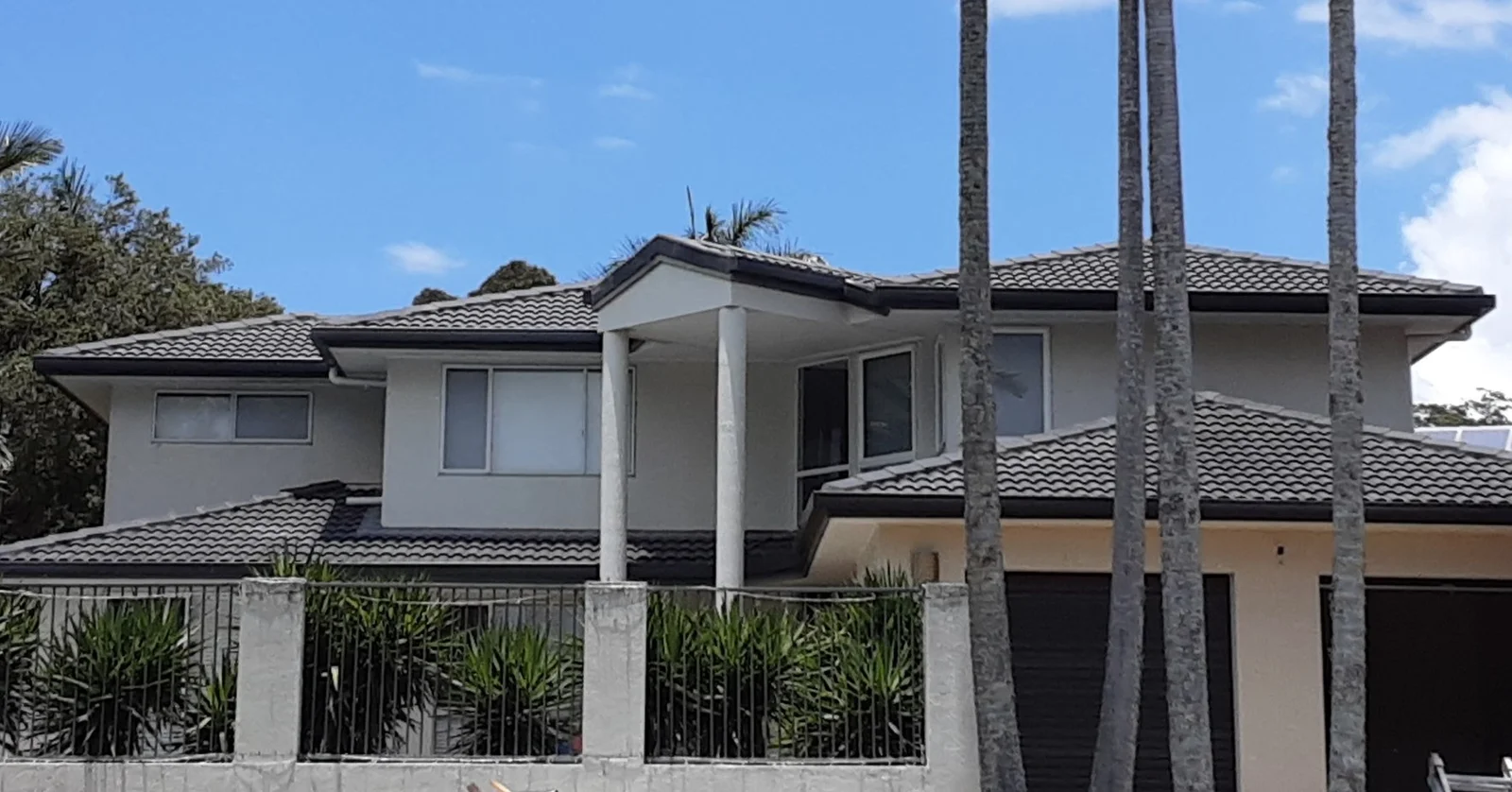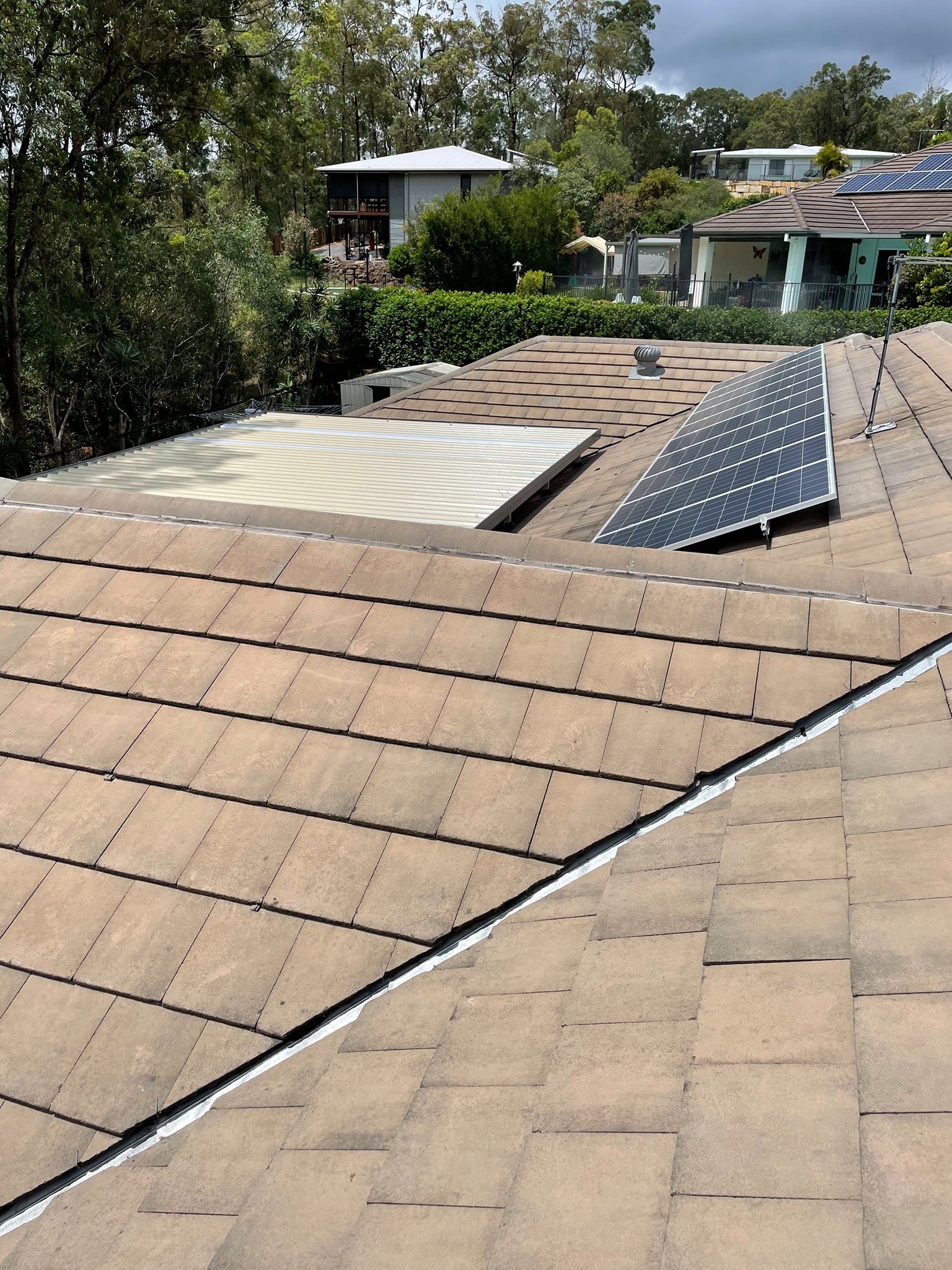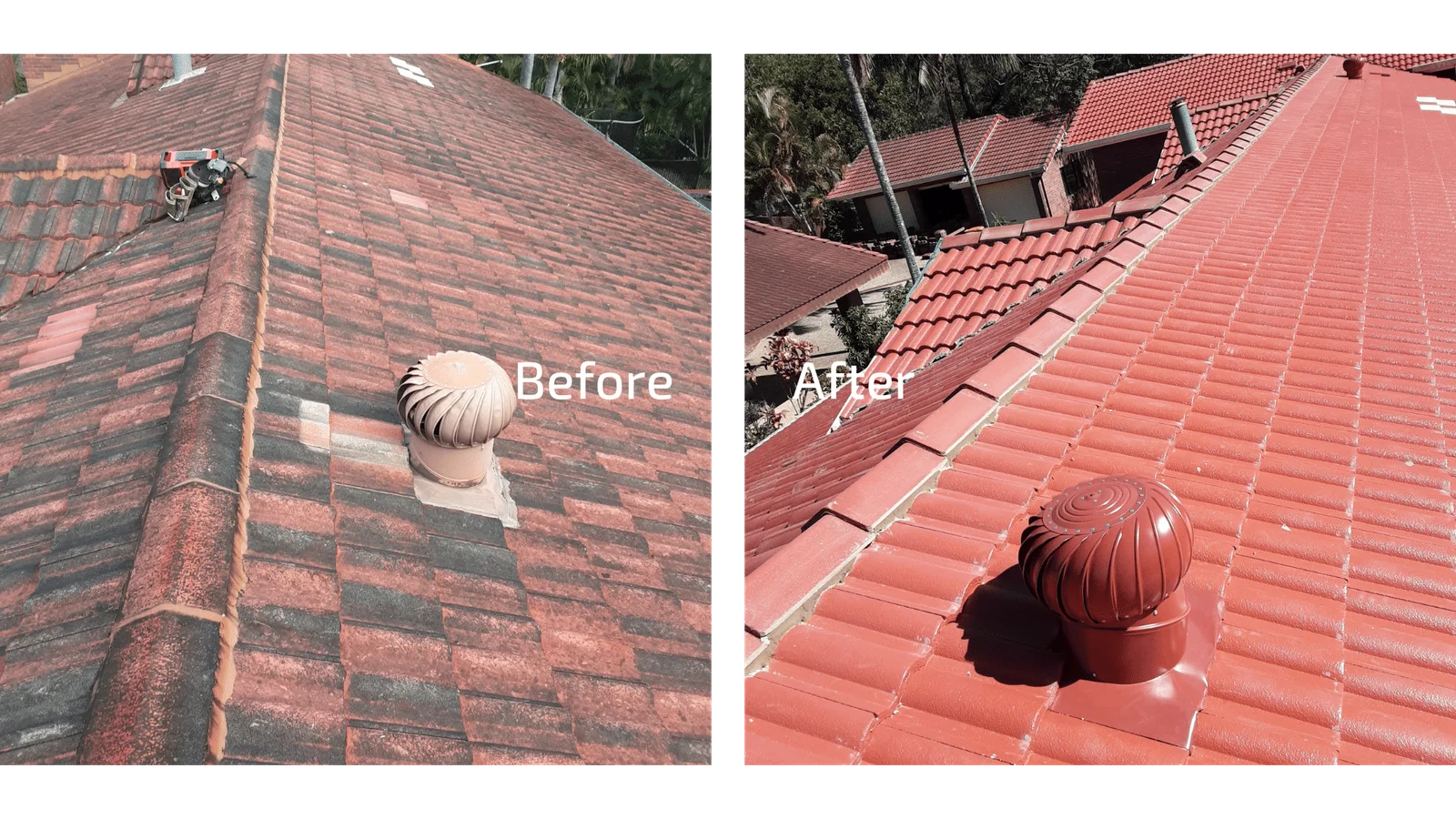Tiled roofs are designed to last for decades, but like any building material, they eventually show signs of age. One of the most common problems with older tiles is porosity. As tiles wear down, they can lose their protective surface, becoming porous and starting to absorb water rather than repel it.
For homeowners in Brisbane and the Gold Coast, where heavy rain and high humidity are common, porous tiles can quietly cause hidden damage long before you notice a leak inside. At Storm Call Roofing Projects, we often see roofs that look fine from the street but are already struggling with water absorption. Here’s what you need to know.
What Does Tile Porosity Mean?
When tiles are new, they are dense and water-resistant. Concrete tiles often have a protective surface coating, while terracotta tiles are naturally fired to create a hard, durable shell. Over time, however, exposure to harsh UV rays, rain, and wind can erode these protective layers.
Once that happens, the tile begins to act like a sponge, soaking up water instead of shedding it. The result is a roof that is no longer fully waterproof.
Why Porous Roof Tiles Are a Problem
Many homeowners assume that water absorption in tiles is harmless as long as there are no visible leaks. In reality, porosity can create a chain reaction of damage:
- Increased Weight on the Roof
Waterlogged tiles become significantly heavier, placing extra stress on the roof’s timber framework. Over time, this can lead to sagging or structural strain. - Accelerated Wear of Roof Components
Constant moisture affects ridge capping, sarking, and mortar, increasing the risk of leaks. - Mould and Mildew Growth
Damp roof tiles encourage the spread of mould and algae, which can stain tiles and affect air quality inside your home if moisture penetrates further. - Reduced Insulation Performance
Moisture in the roof cavity can damage insulation, making your home hotter in summer and colder in winter. - Hidden Internal Damage
Even if leaks are not immediately visible, absorbed water can slowly reach timber battens, ceilings, and walls, leading to costly repairs.
Signs Your Roof Tiles May Be Porous
Porosity is not always obvious, which is why professional inspections are so important. That said, some warning signs include:
- Dark or damp-looking tiles even after sunny weather
- Mould, moss, or lichen growth spreading across the roof
- Discolouration or faded, powdery surfaces on tiles
- Fine cracks or pitting visible on close inspection
- Frequent leaks during heavy rain despite repairs
If you’ve noticed any of these issues, your tiles may no longer be providing full waterproof protection.
How Restoration Protects Against Tile Porosity
The good news is that tile porosity can often be managed without replacing the entire roof. A professional roof restoration can bring your tiled roof back to life by:
- Replacing broken or severely worn tiles
- Cleaning the surface to remove moss, mould, and debris
- Re-bedding and repointing ridge caps to restore strength
- Applying a protective sealer to improve water resistance
Sealing tiles after restoration helps reduce water absorption, protecting the roof structure and extending the life of your tiles.
When to Consider a Roof Replacement
Not all porous tiles can be saved. If your roof is extremely old, with widespread damage and significant water absorption, replacement may be the better long-term solution. A thorough inspection will determine whether restoration or replacement is the most cost-effective option.
Final Thoughts
Porosity in tiled roofs is a silent issue that many Queensland homeowners overlook until real damage is done. By identifying the signs early and investing in restoration, you can protect your home, improve its weather resistance, and extend the lifespan of your roof.At Storm Call Roofing Projects, we specialise in tiled roof inspections, restorations, and repairs across Brisbane and the Gold Coast. If you suspect your tiles may be porous, contact us today for a professional inspection and tailored advice.






